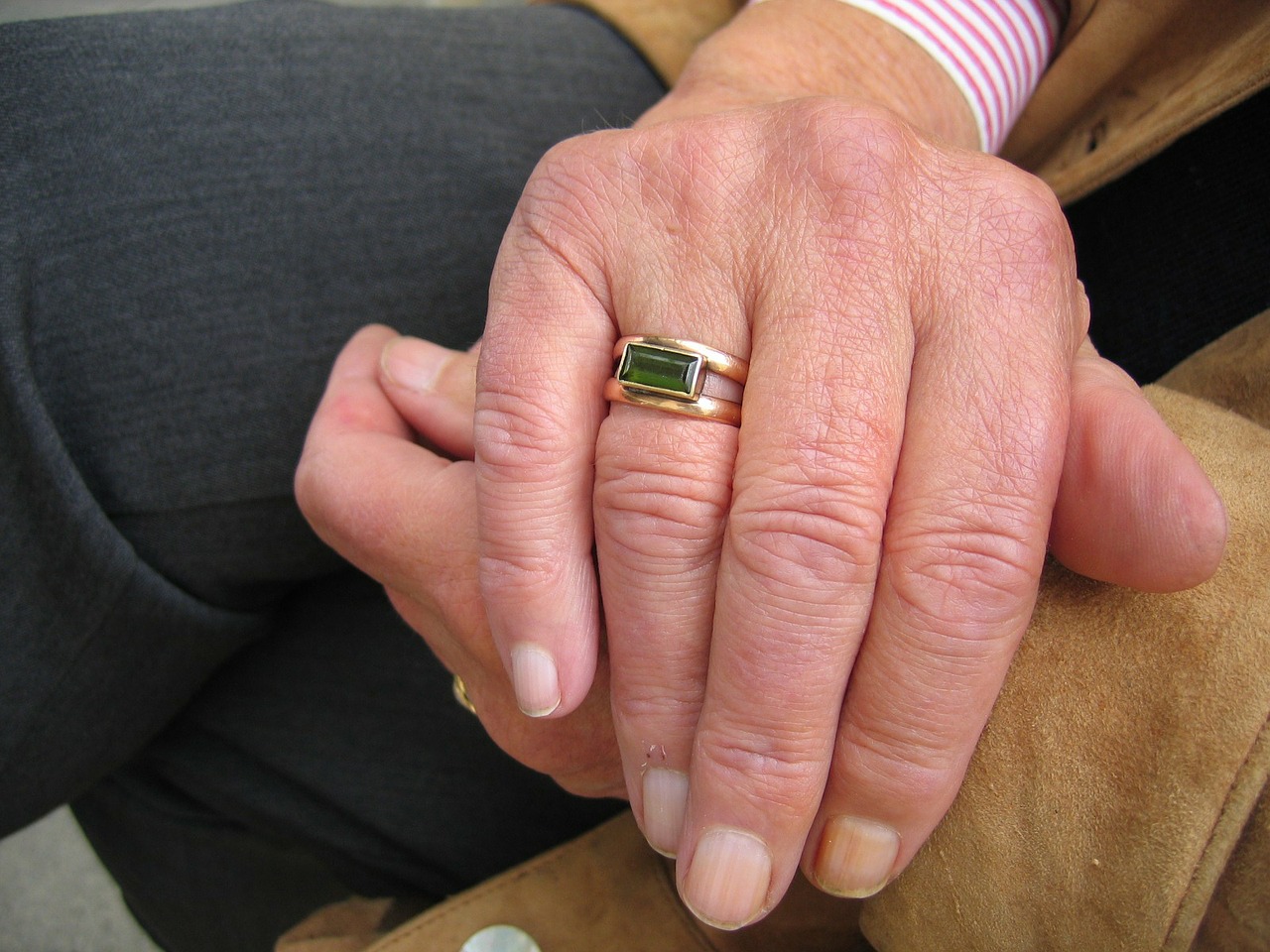Being a carer is a challenging job. It can be emotionally and physically draining, and you don’t get to take any time off.
For most people, this isn’t sustainable over a long period of time and so they arrange respite care to give them a much-needed break.
Respite care means the services that you use to give yourself a temporary break from caring. There are a few ways that it can work.
You might arrange respite care through a local agency to provide care for a few hours a week in the home, so that you can have a break, or a respite carer might take the person you’re caring for out to an event or activity.
You can also arrange respite care for longer periods of time, for example, you might arrange respite care over a period of a couple of weeks so that you can take a holiday with your family. This kind of respite care could be in the home, or your loved one might go and stay in a residential home for a couple of weeks.
Emergency respite care
It’s a good idea to have an emergency respite care arrangement, particularly if you are someone’s sole care provider, so that you know there is someone on hand if you were to become ill or injured. This might be another family member, or a professional care agency.
They will need to be able to access the property, and they will also need to have been in contact with the person you are caring for so that it’s not completely unexpected if they arrive in the house.
How to arrange respite care
If you are a full-time carer, then you should arrange for a carer’s assessment through your local council. This assessment will determine whether you are entitled to any respite care from the council.
Alternatively, you can engage with professional care organisations privately. For example, signature-care-homes.co.uk offers respite care services for longer periods of time within its luxury ‘home away from home’ setting, where guests will receive care tailored to them and be able to take part in a variety of activities and socialise with other residents.
Some people also like to use respite care as a way to test out a possible residential care option for the future, as you will be able to tell how well your loved one got on and whether it’s likely to be a good longer-term fit for them.
Paying for respite care
Respite care can be expensive, and it’s not something that every family can easily afford. The UK care guide estimates that respite care costs between £700 and £800 per week.
The three main ways that people pay for respite care are:
- Through a council grant, as a result of a carer’s assessment.
- Through a charity such as the carers trust or turn2us.
- By paying for it themselves through income from pensions, work, investments, property or from their savings. Benefits such as attendance allowance can also be used to pay for respite care.


